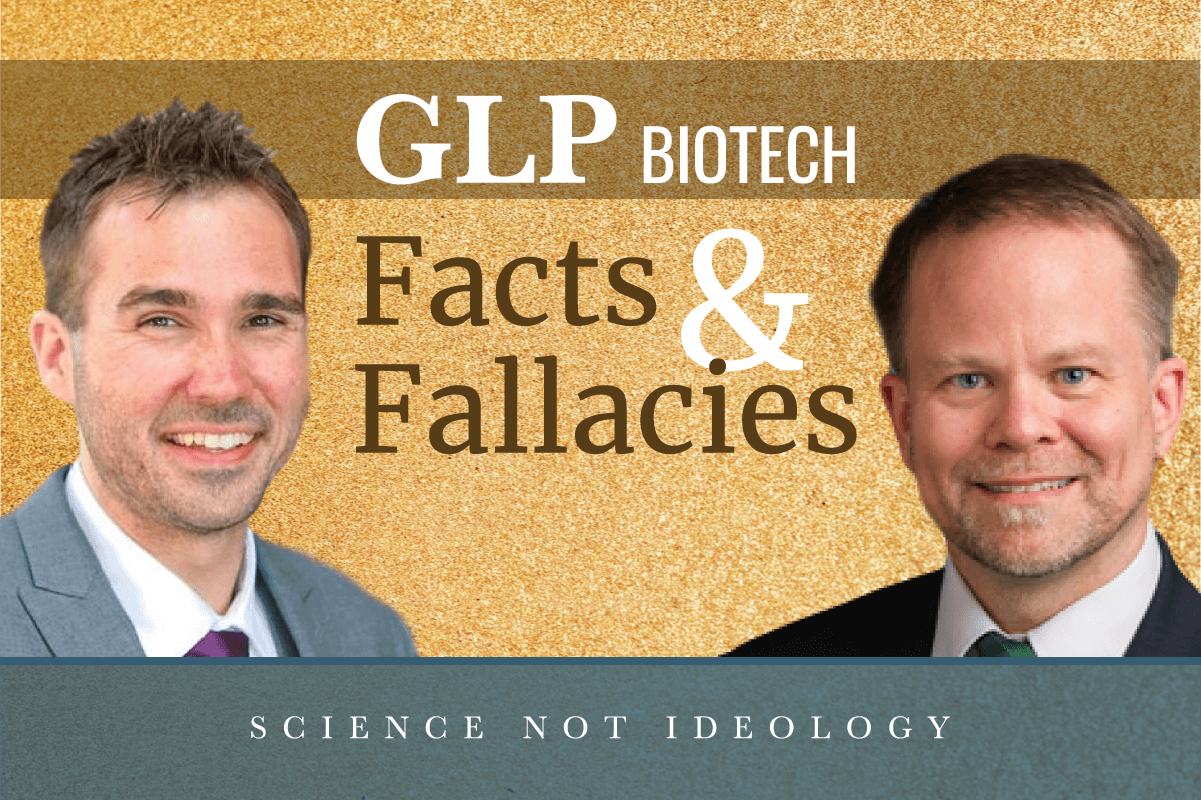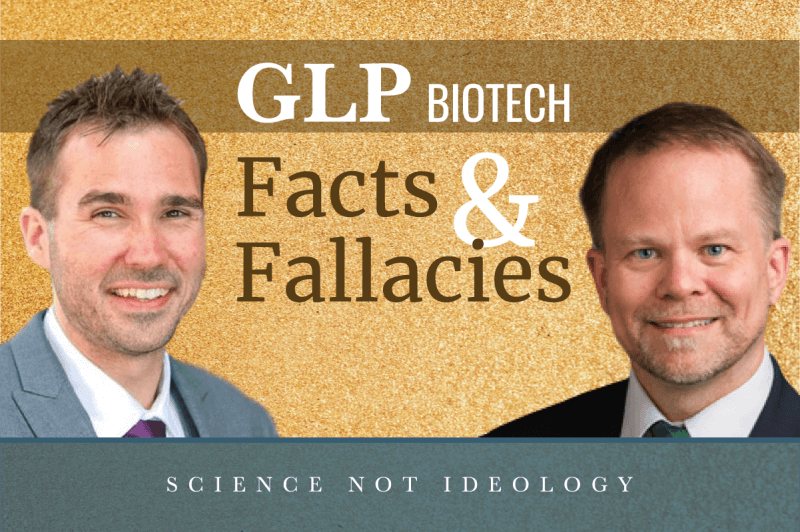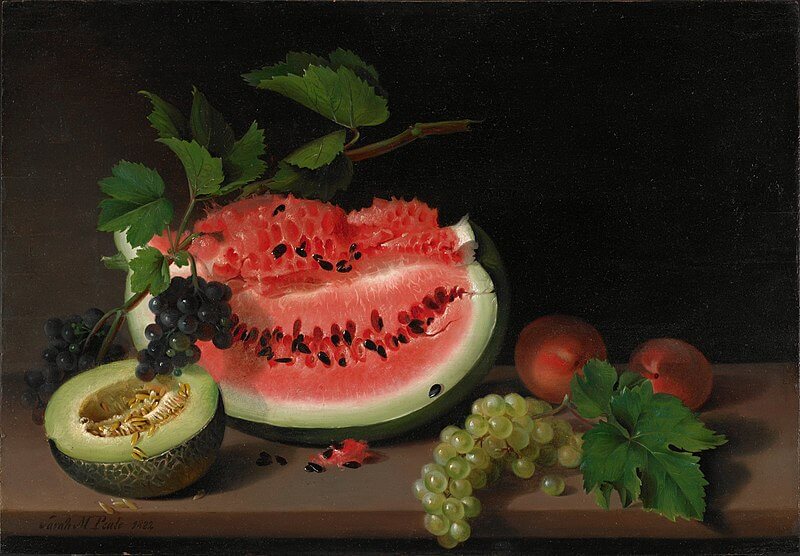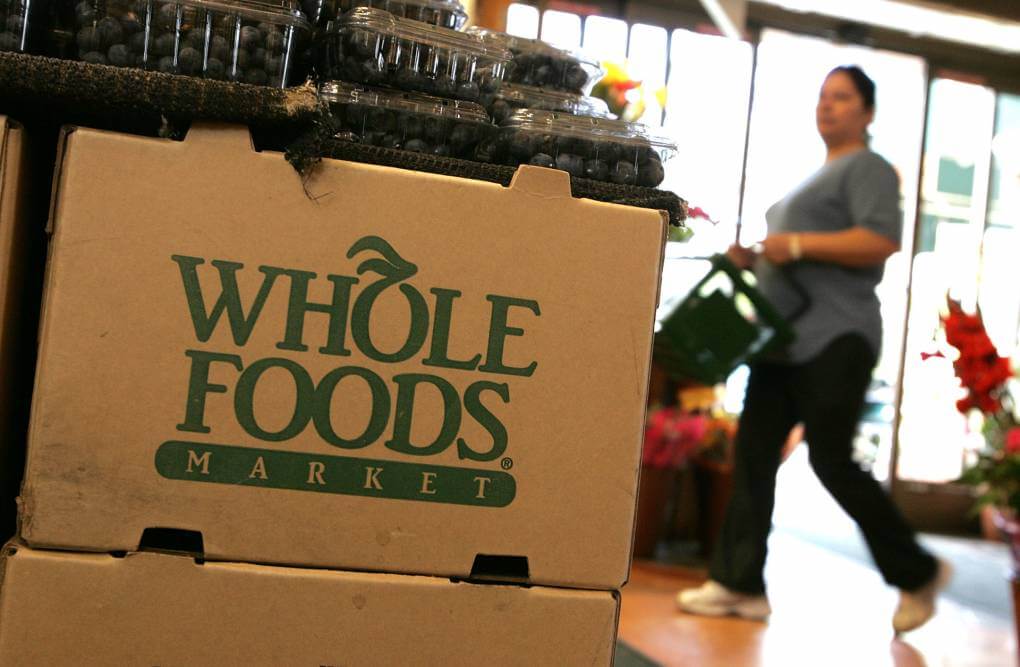Viewpoint: War and global food crisis takes sharp toll on organic market. Maybe it’s time for a more sustainable alternative?
Matt Ridley | Science for Sustainable Agriculture | September 1, 2022“Is organic’s luck about to run out?” So ran a recent headline in The Grocer magazine, and it got me thinking. Could food retailers really be questioning the future of the organic offer? And why might that be? Cost of living crisis putting premium-priced organic products beyond the reach of even the more well-heeled consumers? That is certainly the case, but it turns out that’s not the half of it, writes Matt Ridley.













